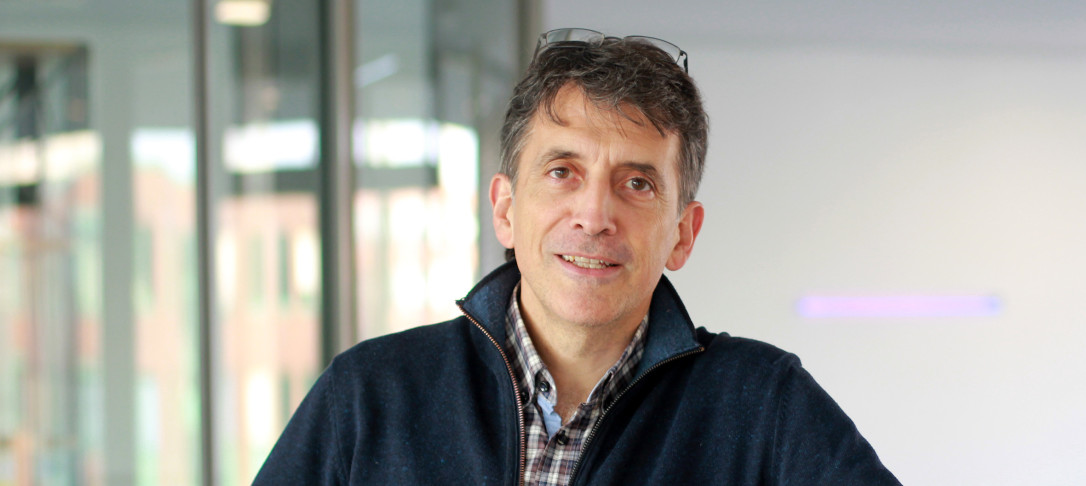
The Section of Structural and Synthetic Biology invite you to hear from Professor Andrea Musacchio about his work on kinetochores, centromeres and chromosome segregation
Professor Musacchio and his lab investigate the molecular basis of cell division in eukaryotes. They are concerned with different aspects of the process of cell division, with specific topics ranging from the organisation of the microtubule cytoskeleton, and most notably the mitotic spindle to the organisation of centromeres and kinetochores. The lab’s primary interest is to unveil the molecular mechanisms that drive these processes, so to be able eventually to manipulate them meaningfully. Most of the projects combine biochemical reconstitution with biophysical investigations and cellular analyses, so to provide testable mechanism-based hypotheses that allow making significant forays into the unknown. For this, they foster a broad methodological portfolio, which now includes classical methods in structural biology, mass spectrometry, biochemistry and biophysics and cell culture.
About the speaker
Professor Andrea Musacchio was born on July 11, 1964 in Rome. He studied biology at the Tor Vergata University in Rome (1985-1990). From 1991 to 1995 he earned his doctorate under the supervision of Matti Saraste at the European Molecular Biology Laboratory (EMBL)/University of Heidelberg.
From 1995-1998 he was a postdoctoral fellow at the Harvard Medical School in the research group of Stephen C. Harrison before returning to Italy in 1999 to become a group leader in the Department of Experimental Oncology of the European Institute of Oncology in in Milan. There he was appointed professor in 2006. In 2009, he was elected as a member of the European Molecular Biology Organisation (EMBO).
Since January 2011 he has been the director of the Department of Mechanistic Cell Biology at the Max Planck Institute of Molecular Physiology.
Since 2012 he has been an honorary professor at the University of Duisburg-Essen. In 2009, he was elected a member of the European Molecular Biology Organization (EMBO). He has received two ERC Advanced Grants (2009 and 2015) and a ERC Synergy Grant (2020). 2020 he took over the chair of the Max Planck Society’s Biology and Medicine Section.
For his groundbreaking structural biology work on the distribution of chromosomes during cell division he was honored with the Gottfried Wilhelm Leibniz Prize 2020, the highest scientific award in Germany.